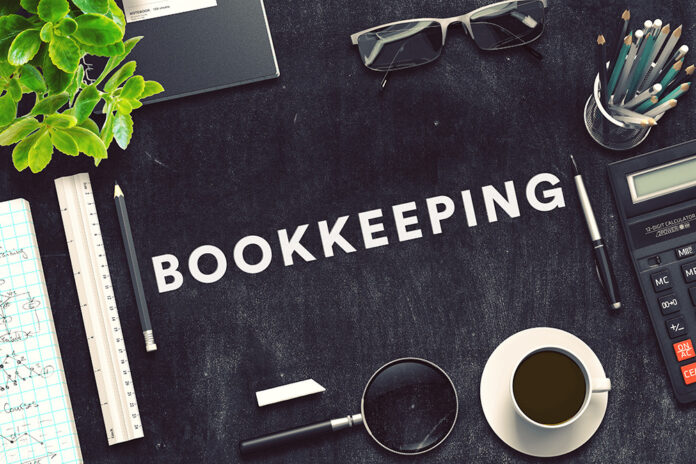Bookkeeping is one of the most crucial parts of running a successful small business. It helps keep your finances organized, ensures you’re tax-compliant, and gives you a clear picture of your business’s performance. Unfortunately, many small business owners overlook proper bookkeeping practices until problems arise. To help you stay ahead, here are the top 10 bookkeeping tips every small business owner should know.
1. Keep Business and Personal Finances Separate
Why It Matters
Mixing your personal and business expenses can lead to serious confusion when it comes time to balance your books. This makes it difficult to track business performance and complicates tax reporting.
What You Should Do
Open a dedicated business bank account and use a business credit card. This way, all your transactions are business-related and easily traceable through your bookkeeping system.
2. Choose the Right Bookkeeping System
Options to Consider
There are two main types of bookkeeping systems: single-entry and double-entry. Single-entry is simple and suitable for very small businesses, while double-entry provides a more accurate picture of your business finances.
Choose Based on Business Size
For growing businesses, a double-entry system is recommended because it records both debit and credit transactions, making it easier to detect errors.
3. Use Bookkeeping Software
Go Digital
Manual bookkeeping with spreadsheets may work for a while, but as your business grows, it becomes inefficient and error-prone.
Recommended Tools
Use reliable bookkeeping software like QuickBooks, Xero, or FreshBooks. These platforms automate many tasks, help generate reports, and integrate with your bank accounts and other tools.
4. Record Transactions Promptly
Don’t Wait
Delaying the recording of income and expenses can lead to missed entries, errors, or even fraud. Timely bookkeeping ensures your financial data is always up-to-date.
Make It a Routine
Set aside time each day or week to update your books. Regular entries help you monitor cash flow and stay organized during tax season.
5. Reconcile Bank Statements Monthly
Stay in Sync
Reconciling your bank statements with your bookkeeping records helps you identify discrepancies like missing deposits, double charges, or unauthorized withdrawals.
Why It’s Important
This practice not only ensures accuracy but also helps you detect fraud early and avoid overdraft fees or bounced checks.
6. Track Every Expense
Don’t Miss the Small Stuff
Even small expenses add up over time. Keeping a detailed record of every transaction, from office supplies to business lunches, ensures complete financial clarity.
Use Technology
Many bookkeeping apps allow you to snap photos of receipts and categorize expenses on the go. This saves time and keeps everything organized.
7. Stay on Top of Invoices and Receivables
Cash Flow Depends on It
Unpaid invoices can cripple your cash flow. Keep a close eye on who owes you money and follow up regularly.
Use Invoicing Tools
Automated invoicing tools can send reminders to clients and alert you to overdue payments, making your bookkeeping smoother and your business more financially stable.
8. Set Aside Money for Taxes
Avoid Surprises
One of the biggest bookkeeping mistakes small business owners make is not preparing for taxes. Without proper planning, you might end up scrambling for money when taxes are due.
Best Practice
Use your bookkeeping system to estimate tax obligations each month and set that amount aside in a separate savings account. This keeps your business financially healthy year-round.
9. Understand Basic Financial Reports
Knowledge Is Power
You don’t need to be a CPA, but you should know how to read your income statement, balance sheet, and cash flow statement.
Use Reports to Guide Decisions
These reports, generated by your bookkeeping software, offer insights into profit margins, debt, revenue trends, and more. They can help you make smart business decisions backed by data.
10. Hire a Professional When Needed
Know Your Limits
As your business grows, your bookkeeping can become too complex to handle on your own. That’s when it’s wise to hire a professional.
When to Outsource
If you’re spending more time on bookkeeping than running your business, it’s time to bring in a bookkeeper or accountant. Outsourcing can save you time, reduce errors, and help you stay compliant.
Final Thoughts
Bookkeeping is more than just keeping records—it’s about understanding the financial health of your business. By following these top 10 tips, you’ll create a strong foundation for your company’s success. From choosing the right system to knowing when to get professional help, effective bookkeeping practices give you control, clarity, and confidence in your business decisions. Prioritize your bookkeeping, and you’ll be better prepared for whatever comes your way.
Ask ChatGPT
